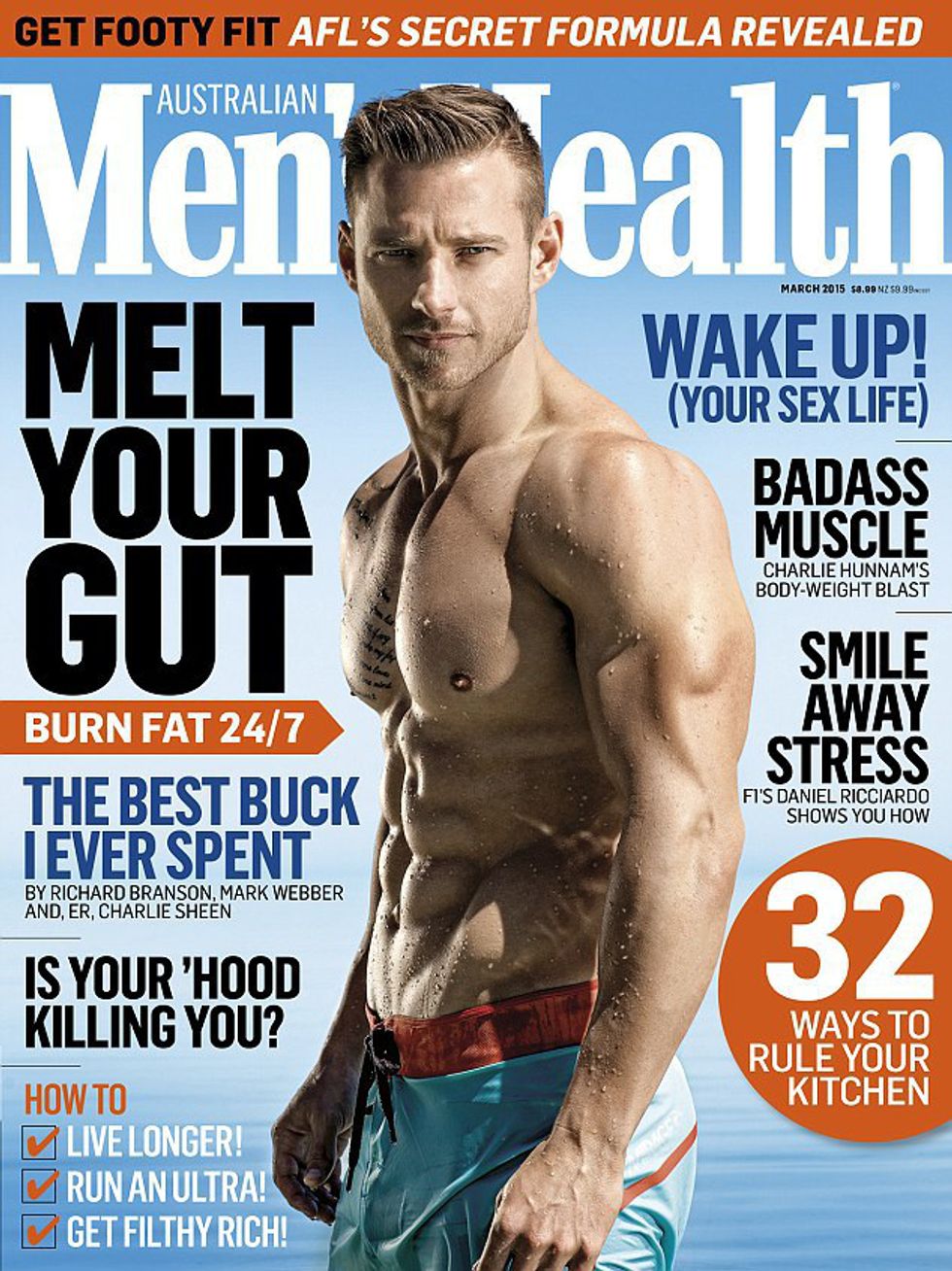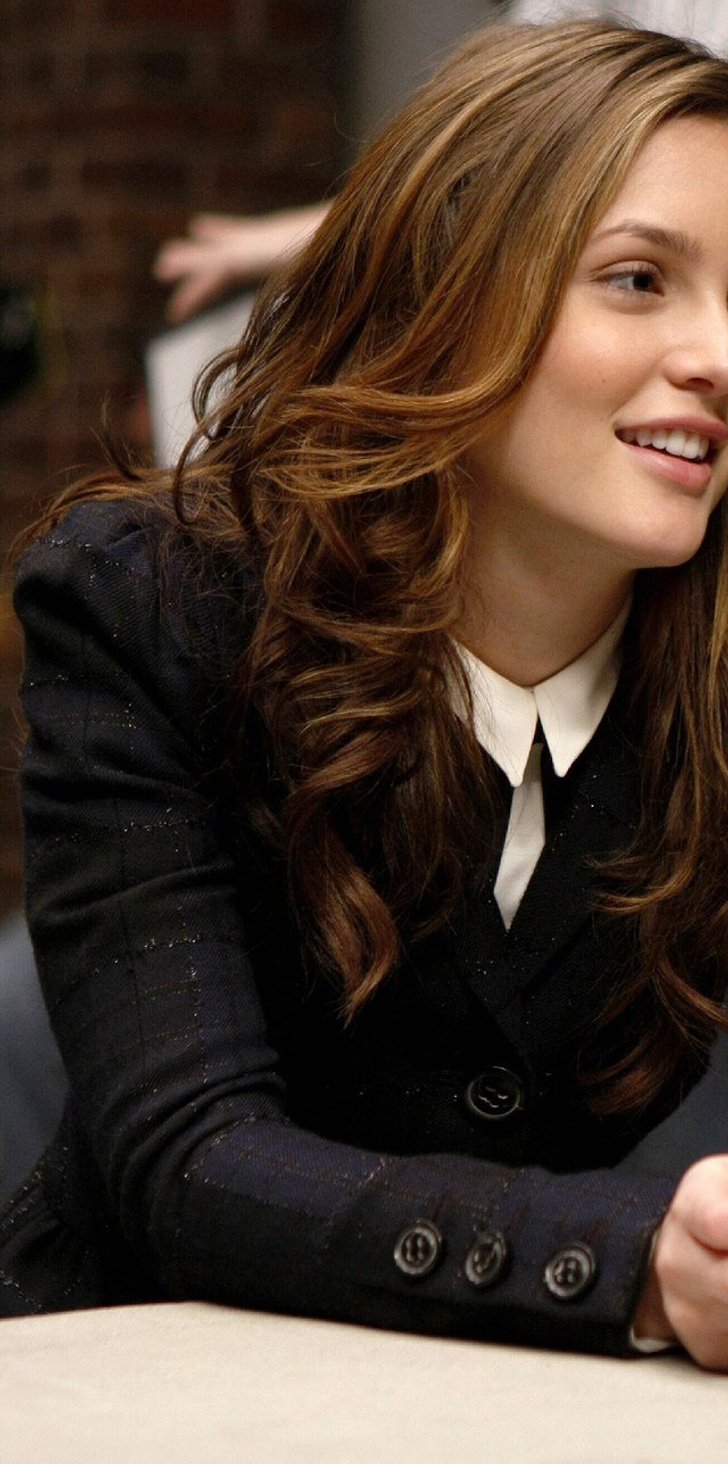Last week, I wrote an article titled "5 Things Men Will Never Have to Deal With." I've gotten a lot of feedback since that article was published—some positive and some not so much.
For the most part, the women who read my article stood in applause, because they have had to deal with these five things all their lives and know the suffering that comes along with our gender.
However, the men weren't so happy. I'd like to specifically point to a Reddit commentator that replied to my article with this comment:
"Yep, I can confirm that no men have ever had to deal with self-image issues and I'm also sure there are no problems that face men that women don't have to deal with. Seriously this author can fuck right off"
I wasn't surprised by this reaction or the language the user used. After all, it is Reddit. Half the users don't even use their real names so they can't be held accountable for what they say. What I was surprised by was how many points this comment received. So, of course, I had to reply.
"I do think men face self-image issues. However, the ones that men and women face are completely different. Men's Health or GQ feature the "ideal" body men "should" have. Yet, men are depicted as powerful regardless of what publication we are talking about, whereas women are depicted as objects. Women are sexualized, their body parts enlarged or shrunk based on what makes them look "sexy," not "powerful." Sure, men face problems that women don't. The chance of prostate cancer, for instance. However, in our society, men have the upper hand. If this weren't true, there wouldn't be a need for the term "feminism" in the first place."
To this, no one replied. Which got me thinking about the differences between commercial exploitation of men's and women's bodies. I'm not a man; I don't identify as a man. So for me, it may be harder to understand a man's self-image issues as opposed to my knowledge about women's self-image issues.
But for all the men out there, here is what women deal with on the daily.
This seems extremely comical, doesn't it? After all, this man doesn't look sexy. He looks like he is making a fool of himself. Yet, you don't think the same thing about the woman, do you? For you and the company that is exploiting her body, she isn't the subject here, she is the object, and that's just to be expected. The product is using her as a prop to advertise itself. She isn't being depicted as powerful. She is being used.
This is probably the most "sexualized" I've seen a man in an advertisement. And yet, he is the subject of the commercial. The BOD fragrance isn't even shown in the same frames as the man. Sure, he has his shirt off, and sure, he has a six pack. Yet, this is a commercial that makes the man look powerful. He is toned and attracts the women just by his scent. He is the one using the product, not the other way around. This man and the way the women are lusting after him do not scream sexualized; it shouts power.
I also want to compare the two magazine covers below. Both are drawing the reader in with "fit tips." One features a shirtless man while the other features a completely dressed woman. (I chose the two contrasting images on purpose.) Yet, there are differences in both magazines. The men's magazine talks about how to be badass and get filthy rich.
Whereas, the women's magazine advertises how to look younger and get smaller. One is talking about power, the other is talking about how to conform to an "ideal" body type for women. It even says, "Healthy, Sexy Breasts." The men's magazine doesn't say "Larger, Harder Penis." And, it never will, because that would be sexualizing men too much and wouldn't be socially acceptable for Men's Health to publish. However, it's perfectly acceptable for a women's magazine.
Power v Sexualization?
Photo courtesy of dailymail.co.uk
Photo courtesy of shopvale.com
Even in movies where there is a kickass lead female role, the advertisements still place her behind a man and make her posture and facial expression looks as sexualized as possible.
Photo courtesy of disneyeveryday.com
Really? What human being walks like Scarlett Johansson in this image?
I'm not arguing that men don't face any pressure from society to look a certain way or act a certain way. I'm not even arguing that no one can find a single advertisement that sexualizes a man (even though for the most part, it won't.) What I am arguing, however, is that there is a blatant difference between the expectations for men and women and the image society depicts of them. For example, a woman wearing men's clothing is more acceptable than a man wearing women's clothing? Why? Because dressing as a woman makes a man seem weaker?
Can't wait for the feedback with this one, folks.






















